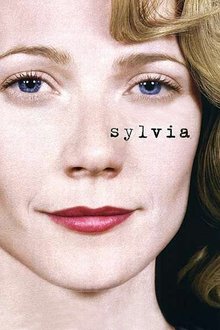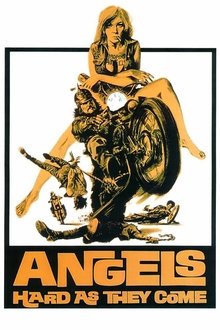In 1971, rock star David Bowie travels to America for the first time to promote his third album, The Man Who Sold the World. There, he embarks on a coast-to-coast publicity tour. During this tour, Bowie creates his iconic Ziggy Stardust persona, inspired by artists like Iggy Pop and Lou Reed.
Related Movies
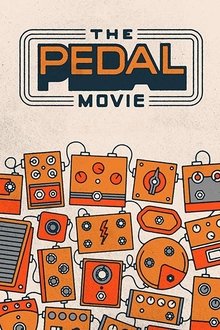
The Pedal Movie (2021)
For the first time ever, the story of guitar pedals and effects will be told by the people who make them and the artists that use them. Coming in 2021, The Pedal Movie, Reverb's first-ever feature-length film, will dive into the culture of pedals and tell the story of how a small industry grew from a handful of companies into the galaxy of different makers building pedals today.
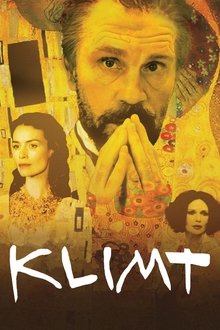
Klimt (2006)
A portrait of Austrian artist Gustav Klimt whose lavish, sexual paintings came to symbolize the art nouveau style of the late 19th and early 20th century.
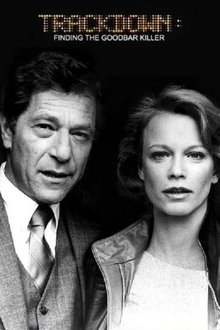
Trackdown: Finding the Goodbar Killer (1983)
A New York detective and a victim's colleague hunt a killer who preys on single women.
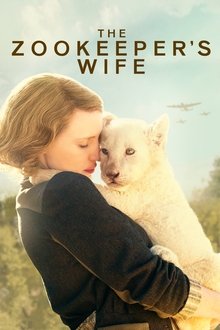
The Zookeeper's Wife (2017)
The account of keepers of the Warsaw Zoo, Jan and Antonina Zabinski, who helped save hundreds of people and animals during the Nazi invasion.
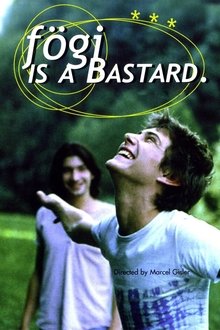
Fögi Is a Bastard (1998)
15-year-old Beni falls in love with Fögi, a singer in a Rock band. As Fögi seduces him, he is only willing to follow him where ever Fögi wants to. But Fögi is a drug addict and pulls Beni deeper and deeper into the hell of drug addiction.
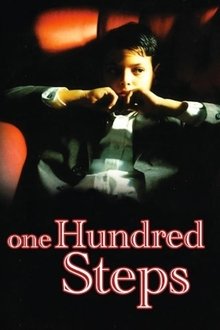
One Hundred Steps (2000)
Peppino Impastato is a quick-witted lad growing up in 1970s Sicily. Despite hailing from a family with Mafia ties and living just one hundred steps from the house of local boss Tano Badalamenti, Peppino decides to expose the Mafia by using a pirate radio station to broadcast his political pronouncements in the form of ironic humour.
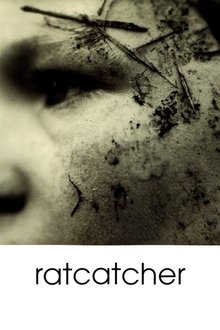
Ratcatcher (1999)
James Gillespie is 12 years old. The world he knew is changing. Haunted by a secret, he has become a stranger in his own family. He is drawn to the canal where he creates a world of his own. He finds an awkward tenderness with Margaret Anne, a vulnerable 14 year old expressing a need for love in all the wrong ways, and befriends Kenny, who possesses an unusual innocence in spite of the harsh surroundings.
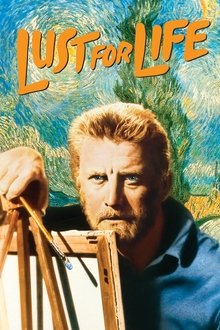
Lust for Life (1956)
An intense and imaginative artist, revered Dutch painter Vincent van Gogh possesses undeniable talent, but he is plagued by mental problems and frustrations with failure. Supported by his brother, Theo, the tormented Van Gogh eventually leaves Holland for France, where he meets volatile fellow painter Paul Gauguin and struggles to find greater inspiration.
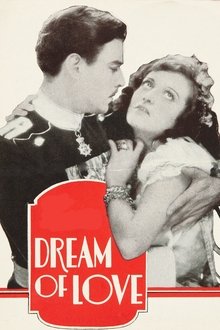
Dream of Love (1928)
A duke has deposed Prince Mauritz's father, so Mauritz spends his time in affairs with a countess, the duke's wife and a gypsy girl Adrienne. Years later she is a famous actress in a play resembling the sad story of their earlier relationship. He falls in love with her again. The jealous duchess and the duke arrange to have him shot by firing squad but revolutionaries save him and make him King.

Vanished Without a Trace (1999)
A woman simply refuses to accept the kidnapping of her 13 year old daughter and relentlessly pursues the villain's capture.

Emmanuelle: The Joys of a Woman (1975)
Emmanuelle returns to her husband in Hong Kong and proceeds to have several extramarital affairs -- with his knowledge, of course. Her husband's lover and American guest are both very puzzled by their openness.

Laura (2024)
After being paralyzed in a car crash caused by her boyfriend, influencer Laura Edèlenyi seeks to embrace life and find justice. Based on real events.
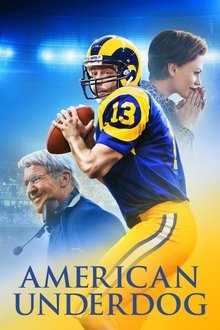
American Underdog (2021)
The true story of Kurt Warner, who went from a stockboy at a grocery store to a two-time NFL MVP, Super Bowl champion, and Hall of Fame quarterback.
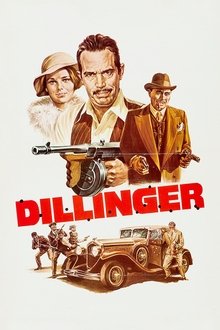
Dillinger (1973)
After a shoot-out kills five FBI agents in Kansas City the Bureau target John Dillinger as one of the men to hunt down. Waiting for him to break Federal law they sort out several other mobsters, while Dillinger's bank robbing exploits make him something of a folk hero. Escaping from jail he finds Pretty Boy Floyd and Baby Face Nelson have joined the gang and pretty soon he is Public Enemy Number One. Now the G-men really are after him.
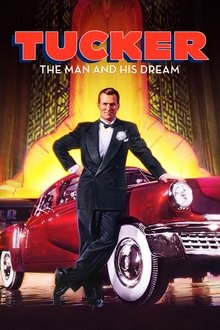
Tucker: The Man and His Dream (1988)
Ypsilanti, Michigan, 1945. Engineer Preston Tucker dreams of designing the car of future, but his innovative envision will be repeatedly sabotaged by his own unrealistic expectations and the Detroit automobile industry tycoons.
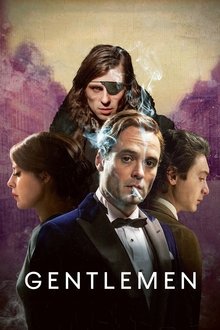
Gentlemen (2014)
Beaten up, bruised, and scared, a young writer hides in a Stockholm apartment, writing the story of its disappeared inhabitants: the flamboyant and charismatic Morgan brothers.

Tina Turner: Private Dancer Tour (1985)
The Private Dancer Tour was the fifth concert tour by singer Tina Turner. In support of her fifth studio album, Private Dancer (1984), the tour helped to establish Turner as a major solo artist of the 1980s and a dynamic solo performer, after initially starting out singing with ex-husband Ike Turner's band. The tour is often considered one of the best comebacks in music history. The 180-date, eleven-month world tour traveled across Europe, North America and Australasia. Notably, Turner played a show in Budapest, Hungary, the only show of the tour behind the Iron Curtain. The concerts received many accolades, including the "Most Creative Tour Package" and "Comeback Tour Of The Year" awards from Pollstar. The two March 1985 shows at Birmingham, England's NEC Arena were filmed and released as Tina Live: Private Dancer Tour. It featured special guests Bryan Adams and David Bowie. In 2025 a 4K upgraded blu ray of the concert came out, including bonus video clips.
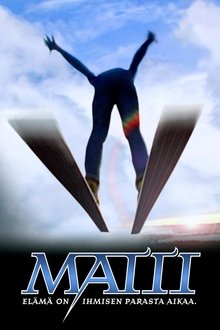
Matti: Hell Is for Heroes (2006)
Four Olympic gold medals, seven World Championship titles, four World Cup tour championships, and forty six World Cup circuit victories. Once his career as a professional athlete ended however, the other side of his personality emerged into public view in all of its vulgarity. An alcohol dependency, several marriages accompanied by numerous marital problems, petty crime, uncontrolled acts of violence, and greedy hangers-on.
